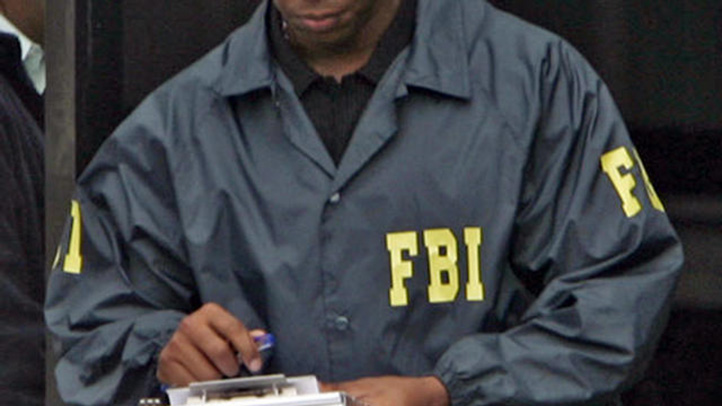When it comes to shock value, these corporate names take the cake. And it appears they’ve also taken thousands of dollars in federal coronavirus aid under the Paycheck Protection Program.
A South Carolina company called "F—k The System, LLC" was approved for a PPP loan worth $18,125.
"Broke BestFriends, LLC," a company based in an Atlanta apartment, qualified for a $9,472 PPP loan.
Another Georgia company called "Money Slut Mafia, LLC" got approval for $18,332.
Then there is "Satanic Lives Matter, LLC," a company that got approved for $1,490.
The I-Team tried to contact each of the above-named companies, sending emails and leaving phone messages at the addresses listed in federal records. None of the business owners responded. A woman who picked up the phone at the residential home listed for "Satanic Lives Matter," said she has no idea who applied for a PPP loan using her address.
Get Tri-state area news delivered to your inbox. Sign up for NBC New York's News Headlines newsletter.
"I’m shocked," the woman said. "This is my first time hearing of it."
News
A check of state business registrations showed no record of incorporation for "Satanic Lives Matter." Meanwhile, "F—k The System," "Broke BestFriends" and "Money Slut Mafia" all filed for their state incorporations after the Paycheck Protection Program was launched.
The crudely-named companies have not been accused of wrongdoing and businesses were not required to be registered with their respective states in order to qualify for Paycheck Protection loans.
But in January, an audit by the Small Business Administration Inspector General raised concerns that thousands of companies may have registered with the government solely to take advantage of the federal PPP cash. The report said lenders have approved more than $402 million in PPP loans for 5,000 businesses, even though those companies registered for federal Tax ID Numbers after Congress passed the CARES Act.
The auditors said that "may indicate the businesses were created to fraudulently gain access to program funds." They also noted that some of those 5,000 borrowers have already been arrested or are under active investigation.
Matthew Coleman, a spokesman for the SBA, said the agency does not comment on specific borrowers. He stressed that the Paycheck Protection Program was designed so that private lenders would be responsible for vetting companies and determining whether they were, indeed, operating prior to February 15, 2020.
"The SBA takes fraud seriously and, as such, PPP applicants were required to provide certification of their eligibility upon application to their lender," Coleman said. "Questions concerning specific applicants’ eligibility can best be addressed by either a borrower or their lender of record."
Coleman also pointed out that the Biden-Harris Administration tweaked the PPP rules to push out more money to sole proprietors, independent contractors, and self-employed people. But those smaller entities tend to have fewer pre-existing relationships with lenders. That can sometimes make it more difficult for those lenders to quickly vet and verify eligibility.
Tom Miller, CEO of ClearForce, a risk management firm that helps companies root out fraud, said lenders could have identified more red flags among PPP applicants by using automated technology.
"Every dollar that goes out to a fraudulent application is a dollar that’s not going out to a business that really needs these resources," Miller said.
When ClearForce analyzed a sample of about 130,000 PPP loans, the firm found more than 1,300 loan recipients had at least one owner who’d been convicted of a recent felony. Applicants with a financial fraud conviction in the last five years or any felony conviction in the previous twelve months were supposed to be ineligible for PPP loans. Despite that, Miller said his team identified hundreds of felons approved for PPP loans, with criminal histories of financial fraud.
"Very clearly, this was a population of individuals that went after these loans specifically in an attempt to defraud the government because they’d been doing it in the past."



